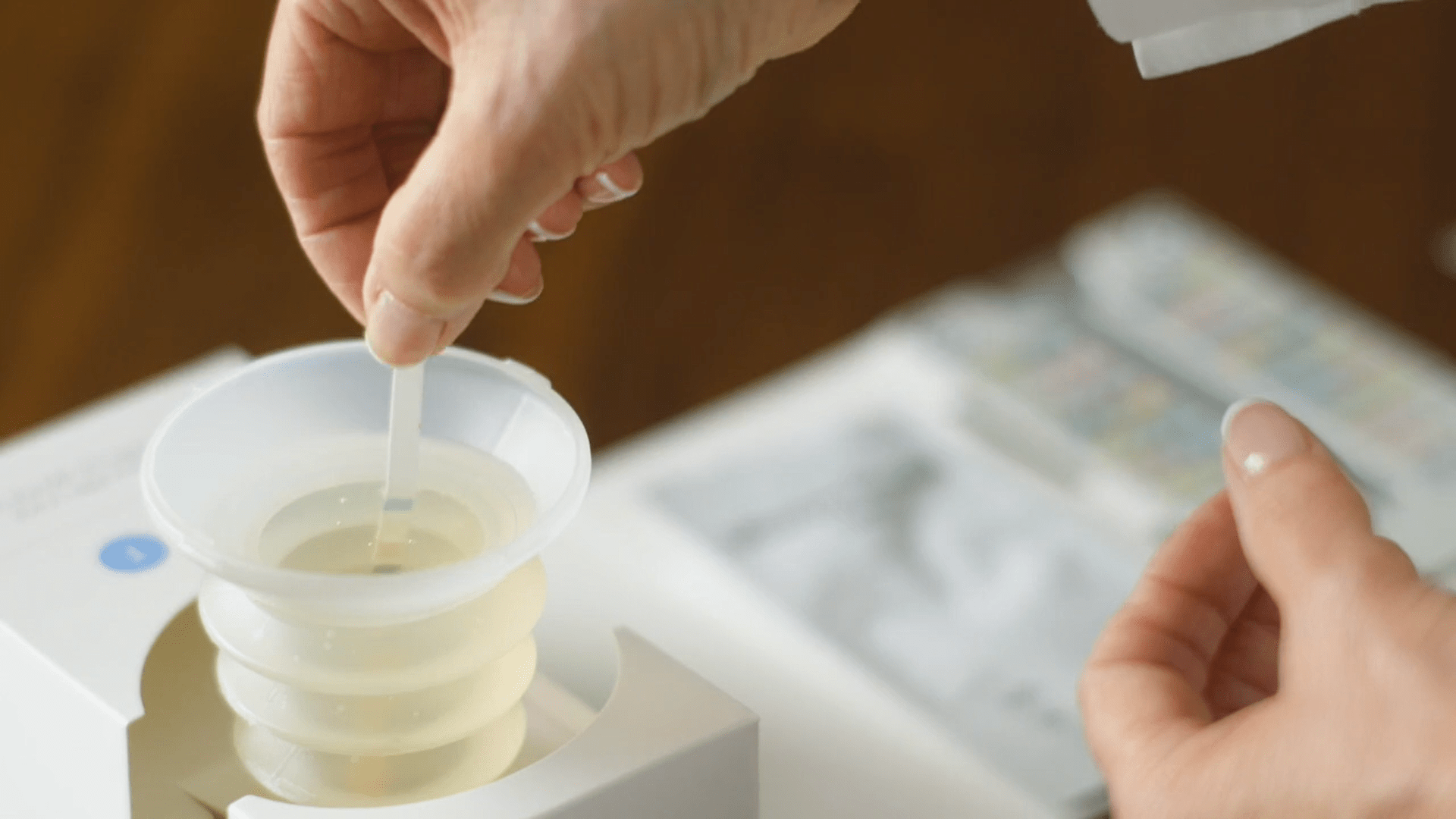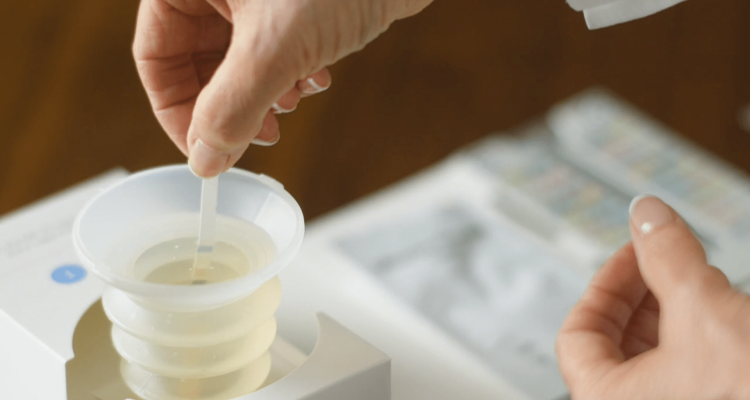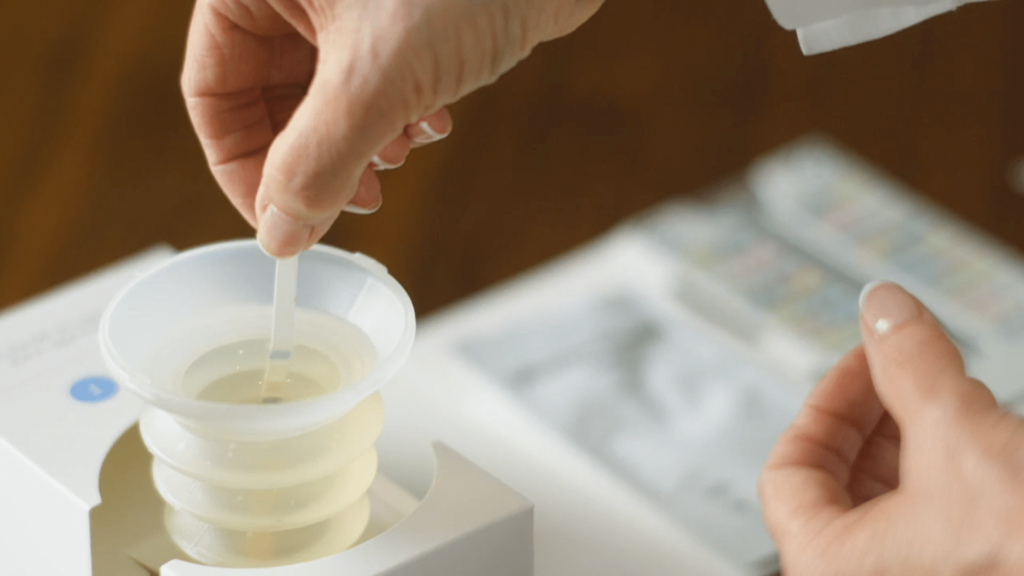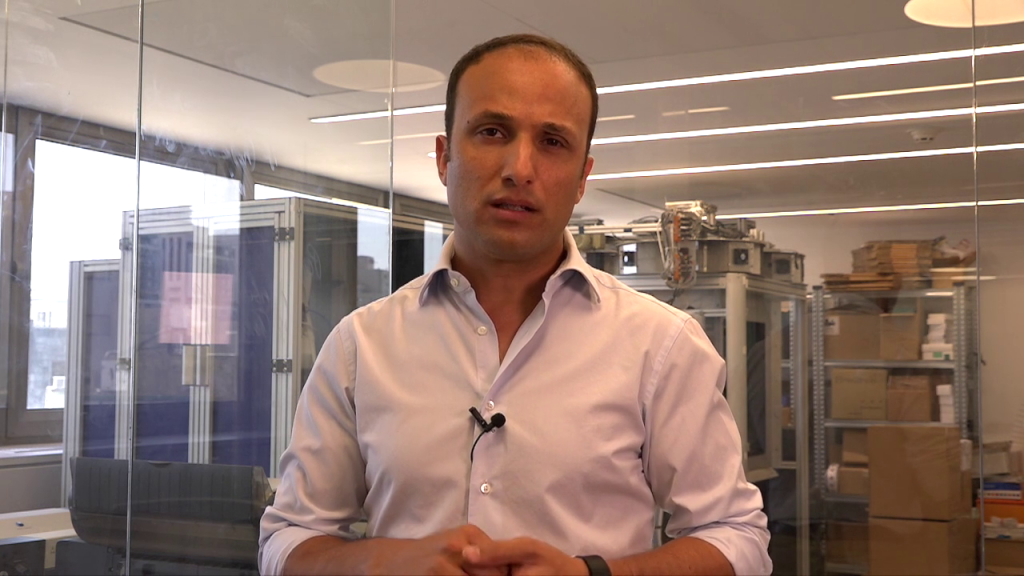About 1 in 7 Americans suffer from chronic kidney disease, or CKD. Medicare spending on CKD is $114 billion dollars annually, nearly a quarter of all Medicare spending, and costs are increasing.
Since CKD is a progressive disease, early treatment can help prevent the need for dialysis or kidney transplant. The US government’s bold vision for kidney care is an important step forward.
In this video, our CEO Jonathan (Yonatan) Adiri discusses how routine screening for chronic kidney disease can help save lives, and how technology can help reach large populations who might otherwise go untested.
Video Transcript
Can the selfie camera save your kidneys? Earlier today in Washington DC, presidential attention was turned to the hundreds of thousands of Americans who wake up every morning to a reality of painful dialysis treatments. To the 30 million Americans who already have chronic kidney conditions and they simply don’t know it yet. There are no symptoms, but their kidneys are degrading.
We can reverse that trend. All it takes is an annual urine test for protein. But the National Kidney Foundation tells us that eighty percent of people don’t get tested. Why? Because it’s a hassle. That’s why 50% of the people who show up at the ER with a failed kidney haven’t known about it until that very moment.
So what if there was a clinical reality whereby you could use your smartphone to scan your urine test in the comfort and convenience of your own home? Would that drive adherence up? Actually, we know it will. We’ve done it.
We turned the smartphone camera into a clinical-grade medical device. 72% of the at-risk patients who’ve used our service and received a kit in their mailbox did the test.
Today is a good day for our community of change. Incentives are aligned. They invite us to better serve the community of 73 million people at risk for chronic kidney disease.
Let’s go and do it.






